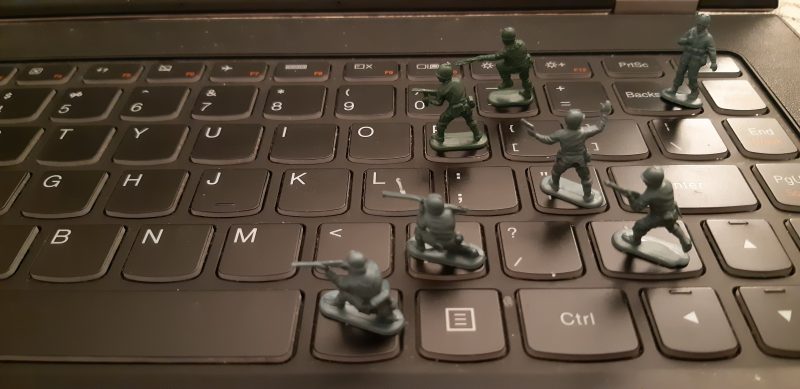New Jersey: New voting machines being tried in districts across the state | NorthJersey.com
A decade after New Jersey voters were promised more secure voting machines, some districts will receive new machines through a federally funded pilot program. Voters in Gloucester, Union and Essex counties have already seen new machines, and Passaic County intends to join the pilot this year. Meanwhile, Bergen County officials are taking a wait-and-see approach. Robert Giles, director of the state Division of Elections, wrote to county election officials in September to explain one of the initiatives: the Voter Verified Paper Audit Trail pilot. “This pilot program will afford counties the opportunity to purchase and test new VVPAT voting machines,” Giles wrote. “The goal of this pilot program is to assist counties to begin the process of transitioning from their current paperless voting systems to the new voting systems that produce a voter-verifiable paper record of each vote cast.” The program rolls out in a climate of heightened concern over ballot security. “It’s a step forward; there are better ways to do it and worse ways to do it,” Professor Andrew Appel of Princeton University said about the upcoming replacements.


 Ukrainians will head for the polls on Sunday 31 March in what will be the first regular national elections since the country’s 2014 Euromaidan revolution. With its Crimean peninsula still occupied by Russian forces, an ongoing military conflict in eastern Ukraine, and rising activity of far-right groups, the country is a prime target for both domestic and external information influence operations. Ukraine has been in the crossfire of disinformation warfare since 2014, with multiple political actors attempting to disrupt its democratic development. The elections for both the office of the president and parliamentary seats will be a crucial test for Ukraine’s democracy and stability. Much of the action has taken place on Facebook, which is the country’s most popular social network. Despite persistent efforts of civil society and media groups, Facebook has done relatively little to respond to Ukraine’s disinformation problem in the past. But the company changed its tune in January, when it publicly announced that it had taken steps to counter some of these issues.
Ukrainians will head for the polls on Sunday 31 March in what will be the first regular national elections since the country’s 2014 Euromaidan revolution. With its Crimean peninsula still occupied by Russian forces, an ongoing military conflict in eastern Ukraine, and rising activity of far-right groups, the country is a prime target for both domestic and external information influence operations. Ukraine has been in the crossfire of disinformation warfare since 2014, with multiple political actors attempting to disrupt its democratic development. The elections for both the office of the president and parliamentary seats will be a crucial test for Ukraine’s democracy and stability. Much of the action has taken place on Facebook, which is the country’s most popular social network. Despite persistent efforts of civil society and media groups, Facebook has done relatively little to respond to Ukraine’s disinformation problem in the past. But the company changed its tune in January, when it publicly announced that it had taken steps to counter some of these issues.